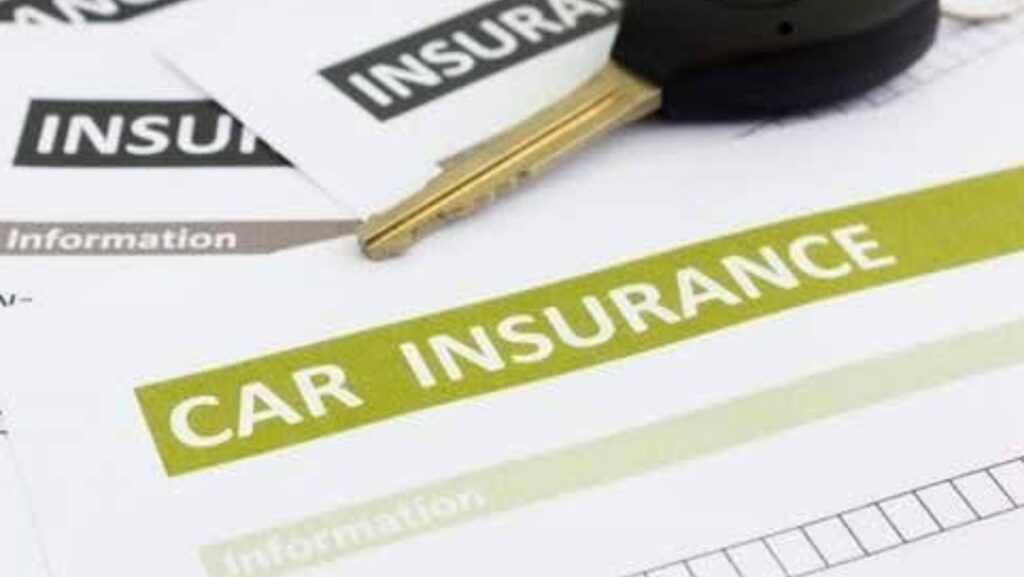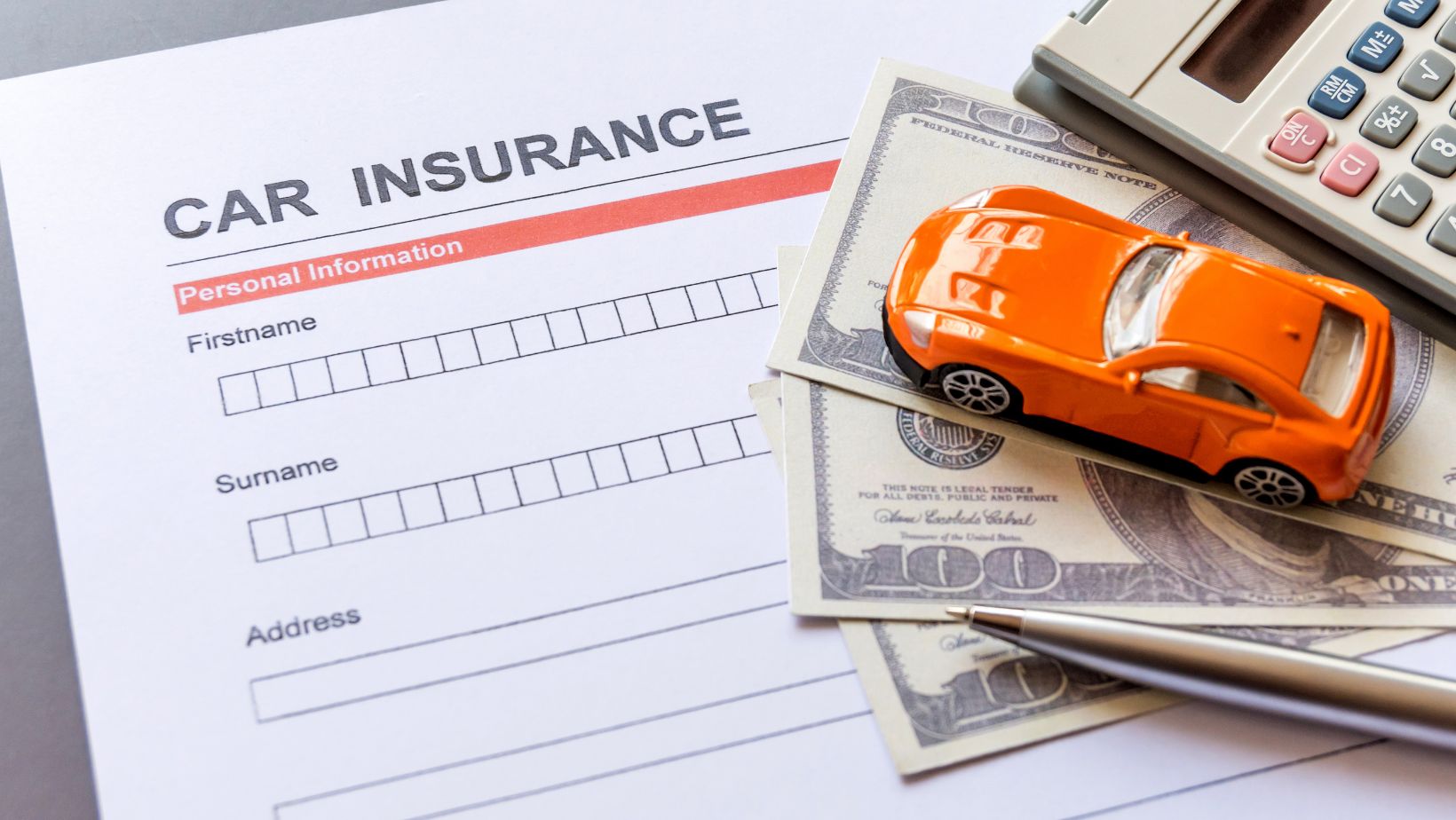
West Virginia lies in the Appalachian region, with rugged terrain, historically reliant on coal mining, facing poverty, healthcare, and education challenges. Navigating car insurance here is more than a routine task; it’s a legal necessity shaped by state-specific laws. Understanding West Virginia’s car insurance requirements ensures drivers meet mandatory liability coverage, protect themselves financially, and comply with regulations. We will go over coverage possibilities, legal requirements, and doable actions to provide the proper protection on West Virginia’s winding roads.
1. Why Car Insurance Matters in West Virginia
Driving without car insurance in West Virginia isn’t just risky, it’s illegal. The state’s insurance laws are designed to protect all drivers and passengers by ensuring that accident victims have access to compensation for injuries and property damage. With the rising costs of medical care and vehicle repairs, even a minor accident can result in significant expenses. Making informed decisions and avoiding substantial financial hardship can be achieved by being aware of the requirements for car insurance as well as the available optional coverages.
2. Minimum Liability Insurance Requirements
West Virginia law mandates that all registered vehicles carry a minimum level of liability insurance. The conditions required are;
- Liability for bodily injuries
$50,000 for each accident and $25,000 per person
- Liability for Property Damage
$25,000 for each incident

In an at-fault accident, liability insurance covers the harm and losses you inflict on other individuals. If your policy limits are exceeded, you could be held personally responsible for the remaining costs.
3. Uninsured and Underinsured Motorist Coverage
Drivers in West Virginia are required to have uninsured motorist (UM) insurance. These protection steps apply if you’re injured by a driver who has no insurance or is involved in a hit-and-run. The minimum UM limits mirror the state’s liability requirements:
- Uninsured Motorist Bodily Injury
$25,000 per person, $50,000 per accident
- Uninsured Motorist Property Damage
$25,000 per accident
Underinsured motorist (UIM) coverage is also offered and provides additional protection if the at-fault driver’s insurance is insufficient. While UIM coverage can be declined in writing, it is highly recommended for comprehensive protection.
4. Optional Coverages for Greater Protection
While the state mandates certain coverages, many drivers choose to add optional policies for broader security.This includes:
- Collision Coverage
Covers your car’s damage following an incident, no matter who is at fault.
- Comprehensive Coverage
Covers non-collision incidents, such as theft, vandalism, fire, or animal strikes.
- Medical Payments
Helps with medical expenses for you and your passengers, regardless of fault.
- Roadside Assistance and Rental Reimbursement
Provide support for breakdowns and transportation needs after a covered loss.
These options can be essential if you drive a newer car, have a loan or lease, or want to minimize out-of-pocket expenses after an accident.
5. Legal Penalties for Non-Compliance
There may be severe repercussions if the necessary insurance is not maintained. West Virginia enforces its insurance laws through random verification and traffic stops. Penalties for driving uninsured include;
- Fines
- Suspension of vehicle registration
- Possible license suspension
Reinstatement requires proof of insurance and payment of fees. Repeat offenders may face harsher penalties.
6. Considerations When Choosing Coverage
Following the bare minimum of the law is necessary, but it might not be sufficient to safeguard your assets completely. Medical expenses and property damage from even a moderate accident can quickly exceed minimum limits. Many experts recommend increasing your liability and UM/UIM limits and considering optional coverages to avoid significant financial exposure.
To Sum Up
West Virginia car insurance laws are designed to protect both drivers and accident victims, but they can be complex. Knowing the mandatory coverage requirements and exploring additional protections like uninsured motorist coverage or collision insurance, you safeguard your financial future while staying compliant with state law. When selecting a policy, consider not only legal minimums but also the real costs of unexpected accidents. With the proper knowledge, you’ll drive confidently, knowing you’re fully covered and legally prepared.







